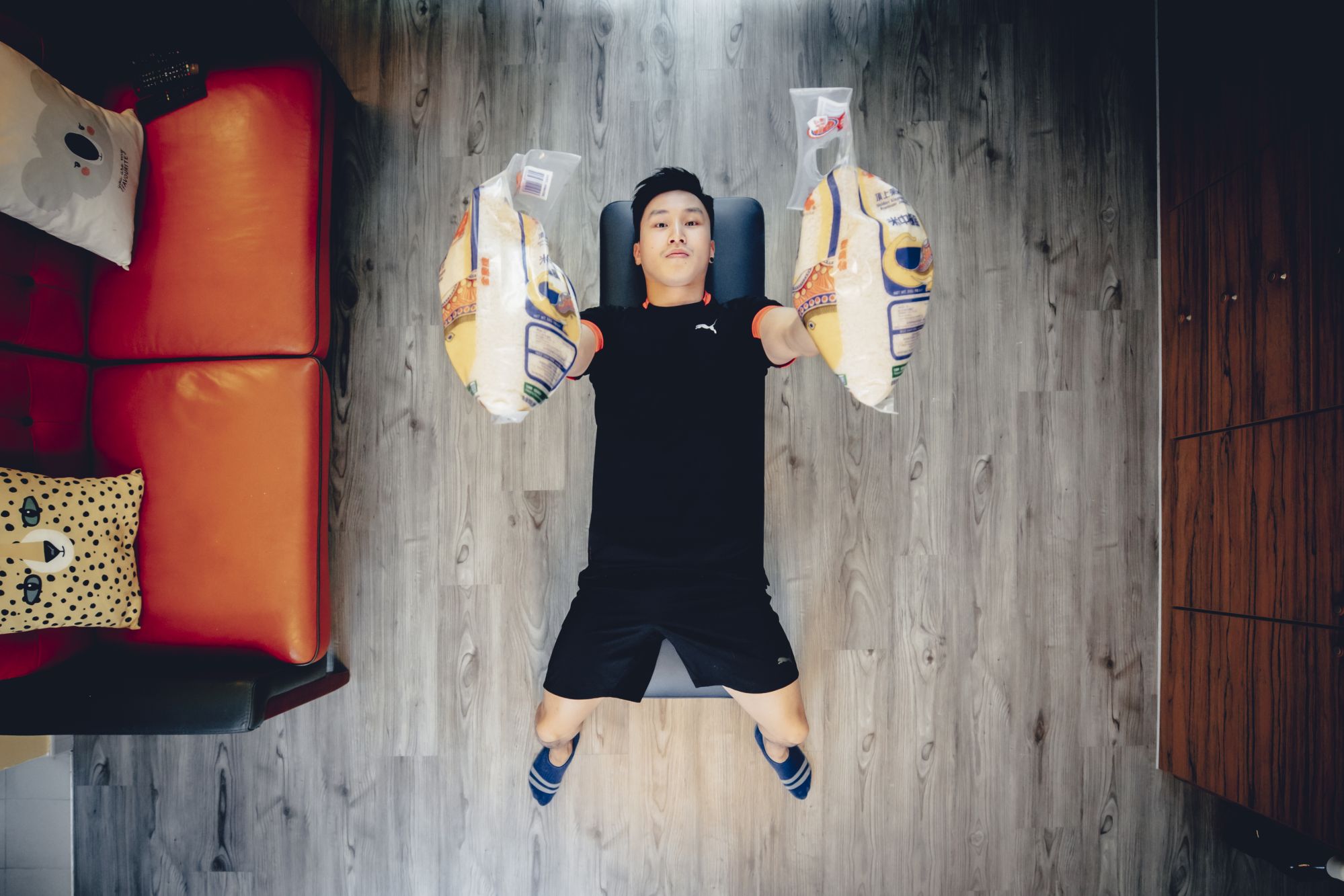In Brian Ching’s latest photoshoot with Olympic athletes from team Hong Kong, the photographer captured the unique moments of them adopting creative training methods at home to stay in shape ahead of the Games amidst the pandemic. Here, Ching discusses the inspiration behind the shoot, his love for Hong Kong and how he has been telling powerful stories through his work.
A veteran talent in the photography world, Hong Kong photographer Brian Ching is known for his creativity, professionalism and attention to detail. He has a solid portfolio spanning across a wide range of genres, with over 20 years of experience of covering breaking news, major sports and political events around the world, including the 1997 handover of Hong Kong from Britain, the 2004 Indian Ocean Tsunami, Football Association Challenge Cup (FA Cup), as well as Olympic Games.
On Ching’s own website and Instagram feed, you’ll find a collection of jaw-dropping shots featuring everything from architecture, people to Hong Kong scenery and the world’s most picturesque destinations. Among his many beautiful photographs are some perfectly timed time sports moments that capture the most exciting plays and raw emotions and energy of the athletes.
While the photographer has no shortage of exceptional works that have made the pages of renowned publications, one that caught our attention is his photoshoot with Olympic athletes from team Hong Kong. Ground-breaking in both composition and subject matter, the candid photos of Hong Kong athletes training at home during the pandemic were shared widely on social media and had received love and positive feedback from the local community.
With the Tokyo Olympics 2020 in full swing, we caught up with Ching to find out more about his background, his inspiration behind the photoshoot and how he has been expressing his love for Hong Kong through his art.
See also: 20 Hong Kong Photographers On Instagram Who Capture The Soul Of The City
Tells us a little bit about yourself. How was your passion for photography born?
I was originally a theatre actor with a background in graphic design before pursuing a career in photography. It didn't take long for me to discover my passion for photography, as I always prefer using imageries over drawings to tell stories and create an emotional connection with the audience. After a year of studying design, I began seriously studying photography, and that was how my love for image-making started. Time flies—and I have been working as a full-time photographer for 26 years already.
You are working in almost all genres such as people, travel, landscape and architecture. What’s your favourite genre and why?
I specialise in a wide range of genres not only because I'm a photojournalist who’s responsible for documenting major events around the world, but also my strong passion for photography. I’m happy shooting everything and I really can’t decide my favourite genre. Any place, person or thing can be a good subject and there are so many places to find inspiration for, as long as you’re passionate about photography.
I'm obsessed with photography that I seldom take time off and have always been dedicated my free time to taking photos in different places. Between 1999 to 2010, I worked tirelessly as a volunteer photographer for the Sports Federation & Olympic Committee of Hong Kong and took pictures for the organisation across all categories of sports. Before the pandemic, I have also been travelling around the world taking landscapes and architectures, including off-the-beaten-path destinations such as Patagonia, Bali and Ethiopia.






